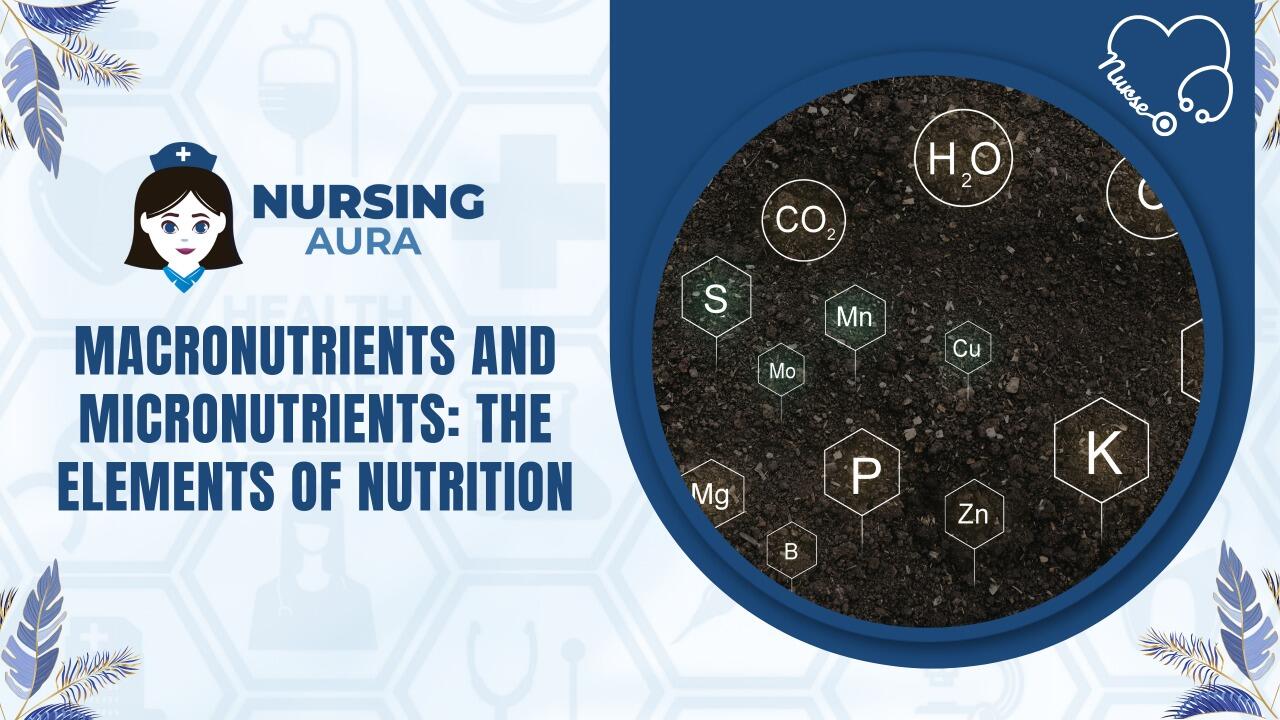Before starting with macronutrients and micronutrients, it is important to know proper nutrition is critical for giving your body with the essential nutrients it needs to survive. Your fundamental nutrition elements is not only important for health but can also have a substantial impact on the success of any diet. Inadequate nutritional intake can also result in low energy and performance, as well as chronic diseases and other health issues.
According to the amount required by our bodies, nutrients are divided into two categories: macronutrients and micronutrients.
The two types of nutrients provide the building blocks for the critical components that stimulate growth, development, and improvement and control the cycles of our bodies. Due to the fact that each individual’s body is unique, you must determine the optimal interaction between these nutrients for your body and your goals.
Macronutrients
The term “macro” derives from the Greek word makros, which meaning enormous.
In their most basic form, macronutrients are the food components necessary for human growth and function. Macronutrients, in comparison to micronutrients, are classified as “macro” nutrients and sometimes referred to as “macros” since they are required in relatively large quantities.
Macronutrients provide all the calories from food and beverages; nutrition data labels typically employ macros in grammes to compute the number of calories in food.
In nutrition, macro elements are typically measured in grammes, such as grammes of protein or fat. Numerous macronutrient-based diets classify macronutrients in three ways:
Carbohydrates
Carbohydrates provide the body with immediate energy. They are the body’s preferred source of fuel due to the ease with which they are converted into energy. These are quickly converted into glucose, which provides us with energy. The largest glucose consumers in the human body are the brain and muscles. Nonetheless, it is essential for the function of every cell in our bodies. The number of carbohydrates required in a person’s daily diet might vary based on their activities, work, body weight, mass, and overall health, among other factors.
Proteins
Unlike carbs, protein is the “builder” macronutrient and is essential for proper nutrition. In fact, protein is an essential part of our nutrition. We need protein in our diet because it provides us with critical amino acids that our bodies cannot produce.
Beans, nuts & seeds, meats, and eggs are all important sources of protein. And keeping in mind that animal protein has the highest protein content per calorie, you can easily achieve your protein requirements on a vegetarian diet without consuming animal products.
Fats
Fats, like protein, are an essential dietary component; they are an excellent source of long-term energy and play an essential part in keeping healthy skin and hair, protecting the body from stress, regulating body temperature, chemical composition, and cell growth and function.
Fat has a detrimental effect on the body since it is the most calorie-dense macronutrient, providing more calories per unit of volume, and when consumed in excess, it is stored as fat. However, other macronutrients can also be stored as fat, requiring you to consume more calories than you need and leading to weight gain.
But there is no reason to fear fats if your diet and calorie intake are under control.
Important fat sources include eggs, fatty fish, nuts and seeds, healthy oils, avocados, and so on.
Micronutrients
They are referred to as “micro” nutrients since the body requires them in minute quantities. These compounds are calorie-free, yet they enable our systems to release hormones, enzymes, and other chemical substances for growth, illness prevention, and overall wellness.
In terms of sustenance, micro elements are far more modest estimates. The origin of the term “micro” is the Greek word mikros, which meaning little. These are measured in micrograms or milligrams.
Typically, vitamins and minerals are referred to as micronutrients. Sufficient consumption of these nutrients can reduce your risk of developing disease, lengthen your lifespan, and contribute to your total prosperity.
The food kinds you consume are rich in micronutrients, especially fruits and vegetables, which are rich in nutrients and minerals. Micronutrient-rich foods include, but are not limited to, the following:
- Calcium
- Folate
- Iron
- Vitamin B-6
- Vitamin B-12
- Vitamin C
- Vitamin E
- Zinc
There are 26 important vitamins and minerals found in food that contribute to an infinite number of bodily activities. This is the reason why fixing even a modest micronutrient deficiency in your diet can enhance your health and quality of life.
Obtaining the Correct Nutrition
In general, the primary goal of nutrition elements i.e., macronutrients and micronutrients, is to connect what you consume to how it affects your body, namely how your food makes you feel. Assuming you need to lose weight, have more energy, gain muscle, etc., this is the most important aspect of your diet to know.
Realizing the significance of nutrition is a fantastic starting point. In addition, monitoring how your diet specifically affects your health objectives and personal needs will save you a great deal of unnecessary stress over time, allowing you to take complete control of your health.

